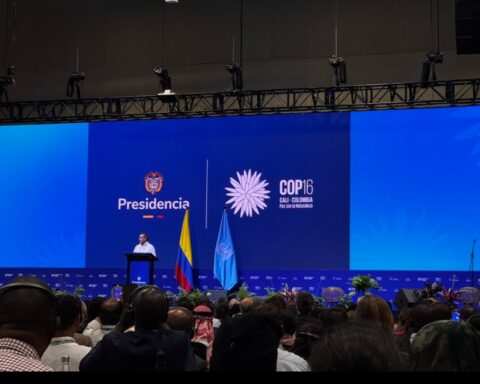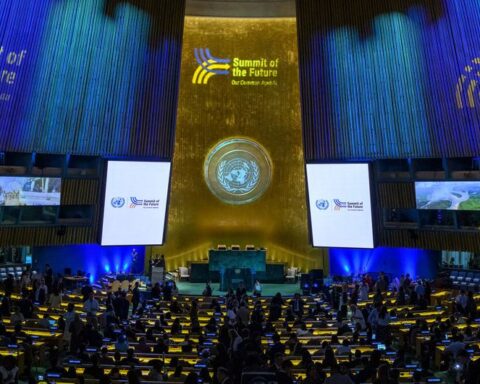As part of its efforts to put nature on a recovery path by the end of this decade, the Global Environment Facility’s, GEF, governing board has approved plans to establish a “game-changing” new fund to finance the implementation of the Kunming-Montreal Global Biodiversity Framework.
The GEF Council decision, taken during a meeting in Brazil in June, clears the way for the launch of the Global Biodiversity Framework Fund at the Seventh GEF Assembly, scheduled to hold in August, in Canada.
GEF Chief Executive Officer and Chairperson and former Environment and Energy Minister of Costa Rica Carlos Manuel Rodríguez, said the creation of the biodiversity fund is a game-changer for countries’ ability to protect, restore, and ensure the sustainable use of nature.
According to him “I am thrilled to see this rapid progress just six months after the historic agreement for biodiversity reached in Montreal. I thank the GEF Council for its vision and commitment, which we will continue to build on at the GEF Assembly and beyond,” he said.
GEF Council Member from Canada and Co-Chair of the Brasilia meetings Tom Bui said the feat is a tremendous result for the planet and for the unborn generation, whose future depends on us reversing the course of environmental damage and also supporting each other along the way.
“This agreement extends the positive momentum in international environmental diplomacy we saw in Montreal six months ago, and sets us up for a successful launch of the fund in Vancouver,” he said.
The Kunming-Montreal Global Biodiversity Framework was a breakthrough deal reached in December 2022 during the Convention on Biological Diversity COP15 summit in Montreal. It set new goals for the conservation, restoration, and sustainable use of biodiversity and ecosystems by 2030.
To implement the agreement, countries will need to translate the plan into national targets and strategies, integrate biodiversity across their decision-making, and take concrete action to deliver results. This requires financing for budget-stressed developing countries, many of which are some of the most highly biodiverse in the world.
That direct support will be provided through the new fund, which will be set up to draw in capital from governments, the private sector, and philanthropic organisations.
David Cooper, Acting Executive Secretary of the Convention on Biological Diversity, described the GEF Council support as “a landmark event” that will breathe life into the Kunming-Montreal Global Biodiversity Framework and its transformative goals.
Earlier in the week, the GEF Council approved a record work program providing $1.4 billion in direct support for developing countries’ efforts to protect and ensure the sustainable use of biodiversity, in line with commitments made in Montreal.
The six new Integrated Programmes included in the work programme will support progress on 19 of the 23 targets of the Kunming-Montreal Global Biodiversity Framework, and make advances on all of its goals relating to halting and reversing nature loss.
The Integrated Programmes, designed to target environmental threats in a holistic manner, will work to reduce the impact of climate change on at-risk species and habitats and will support the sustainable management of agriculture, aquaculture, fisheries, and forests.
The GEF Assembly, a once-every-four-year gathering of the full partnership, will take place Aug. 22-26. It is set to include environment and finance ministers from around the world, in addition to leaders from civil society, science, the private sector, and local communities.
By Dare Akogun








